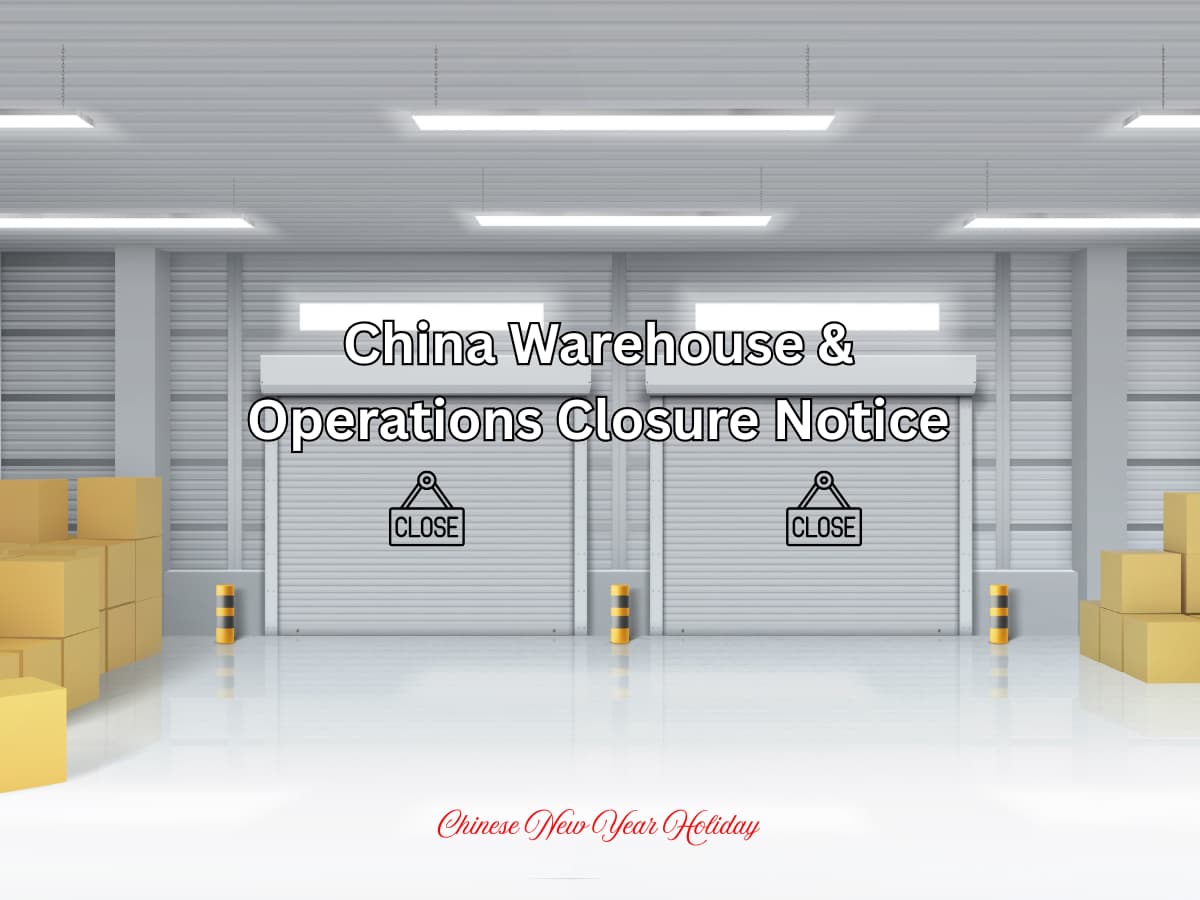For manufacturers, suppliers and retailers, supply chain management is a crucial aspect of the business especially when there is a high volume of orders from different clients which in some cases may be from different parts of the world.
When it comes to supply chain management, the possibility of errors and mistakes can never be eradicated completely, especially when dealing with a high volume of orders. However, these mistakes can be avoided or fixed depending on the knowledge available.
In the logistics and supply chain industry, avoidable mistakes occur from time to time and these mistakes can be costly sometimes. It is very important for companies that use the services of supply chain service providers to be educated on these common mistakes to avoid them or in a worst-case scenario know what to do when such errors occur. Mastering these errors and avoiding them helps a business to cut costs and maximize profit.
Successful supply chain management requires a company to avoid mistakes that can take the company down or know how to fix these mistakes before they can become detrimental to the survival of the company, and this comes from a place of knowledge of what is required of you and how to tackle certain issues as they arise.
With this in mind, we are going to examine common supply chain mistakes to be on the lookout for and avoid. We are also going to look at ways to avoid or fix these mistakes.
Here are 5 common mistakes in the supply chain to avoid:
1. Ignoring available supply chain data:
In supply chain management, data collection and analysis are very important at every stage of the business as they can serve as a guide in business planning, forecasting and decision-making. Collecting reliable, relevant data and using them effectively is a key part of any business. Ignoring data related to supply chain management is one of the easiest, and most costly, mistakes that a business can make.
With reliable data, it will be easy for a business to avoid certain mistakes due to the knowledge provided by the data. With data, a business will know what to do and what not to do based on past occurrences or in situations where certain mistakes have been made, available data will enable the business to know how to navigate through that mistake and come out with little or no shortfalls.
Without reliable data, a business will have a harder time avoiding some of the other mistakes on this list as well. In so many cases, business managers forget that supply chain management is beyond the movement of goods from the producer or the supplier to the consumer, it includes inventory management, cost of raw materials, machine maintenance cost, supplier contracts, etc.
2. Lack or inadequate planning for the future:
In supply chain management, unforeseen circumstances come up from time to time and having an effective plan in place to tackle such situations will help the business to remain afloat. On the other hand, a lack of planning will simply lead to the failure of the business. The circumstances may be in the form of stiffer competition, new laws and regulations, price hikes, inflation or even a pandemic like we had with Covid.
Adequate planning is also largely dependent on the ability to analyze available data and make accurate decisions based on the outcome of such analysis. Change is one thing that is constantly constant, and if a company doesn’t plan adequately, it may not be able to stay afloat when changes that could affect the business come.
If the supply chain strategy of a business is not able to adapt to unexpected changes and grows even during those changes, then it's not useful to the company. It is important to have an effective plan in place to deal with disruptions to the supply chain. That way if something happens in the supply chain, you’ll be able to deal with it quickly and minimize or avoid having the problem affect the customers.
3. Undermining the Optimized Business Processes:
Not optimizing business processes related to supply chain management is another common mistake that can bring about the failure of the business. As a company grows and expands, there is a need for the business processes to be updated or upgraded in line with the prevailing trends to be able to stand up to the market competition.
Better, easier, and faster ways of doing things should be introduced into the system and the use of both generic technology and specific industry technology should be maximized. Thanks to technological advancement and ever-changing laws that regulate the supply chain industry, supply chain practices that worked well in the past can become less efficient or completely obsolete.
If the processes are not optimized, the business can be liquidated. One of the first steps to optimizing supply chain management is to recruit the right manpower and get them all to work together, then the right technology must be in place. It is important to ensure that everyone involved in managing the supply chain can easily collaborate and is clear on the common goal.
Part of optimizing the business processes involves increasing supply chain transparency. End-to-end supply chain visibility makes it easier to collect accurate data, maximizes efficiency, and is a key part of risk management efforts. It’ll also help with improving security controls.
4. Poor Risk Management:
Risk management in an organization is a dynamic process that requires the organization to implement both short-term and long-term solutions because risk is constant in any organization. Issues like meeting deadlines, supplier issues, increase in demand, scarcity of raw materials, supply shortages, quality problems, etc. can all pose a risk to the business.
Lack of planning based on the available data has a great role to play in poor risk management. When a supply chain service provider’s management is short-sighted, the risk for inefficiencies in the supply chain becomes greater.
Risk management becomes more efficient when there are the right people in the right places coordinating effectively to ensure that there is no loophole, every angle is covered, and the common goal is achieved. Proper coordination and communication are the first steps to avoiding inefficiencies.
Supply chain service providers should be competent in risk management analysis which means they should have the technology and expertise to control and monitor efficiency. With target goals and good communication, providers can use optimized technology and strategies to lessen risks.
5. Reactive Management:
It is very important for service providers to be proactive in managing issues and maintaining smooth operations instead of being reactive and for this to be possible, there must be adequate data collection which will be analyzed and used for future forecasts.
This way, adequate measures will be on the ground to handle certain situations if they occur. Instead of waiting for an issue to occur before finding a solution for it, a provider should anticipate such issues based on experience or knowledge from previous occurrences and devise ways to keep it from happening or have an on-ground solution to it whenever it occurs.
Setbacks are inevitable, but when they happen, they must be handled with consideration for the future. Short-term solutions are not really the way to go for a company’s supply chain and to avoid mistakes, providers need to be prepared to deal with the root cause of issues and find a long-term solution to it because quick fixes can turn out to be inefficient in the long run and will cost the company dearly.
All these errors can be avoided if a provider is adequately knowledgeable about the industry and pays attention to available data to be able to understand the causes of certain events which will help him to be proactive in planning adequately for the future. A business should have a comprehensive risk management plan that covers every aspect of the business and incorporates the right people and technology into the business.
For businesses that need the services of supply chain providers, it is important for them to be able to identify potential setbacks that can occur in the process, have a full understanding of the provider’s risk management skills and evaluate their capability to handle the inefficiencies that will inevitably arise.
At SARA PROCUREMENT SERVICES LIMITED we prioritize our customers, reason why we go above and beyond to ensure that all angles are covered to give our clients the best supply chain experience. Follow @saraprocure on Twitter, Instagram, Threads and Contact us for your supply chain management.






Comments
Please log in to leave a comment.